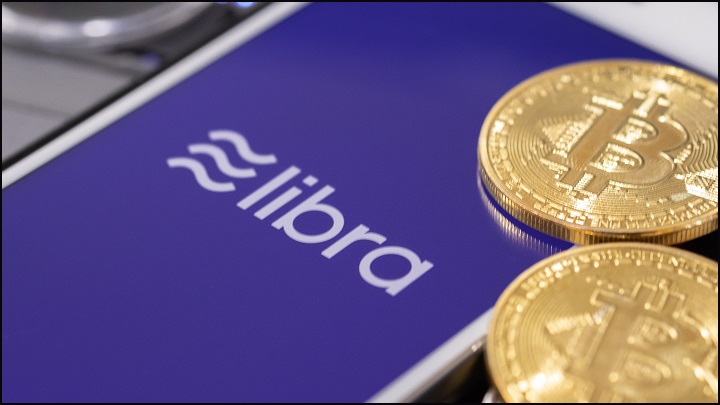Made by Facebook, the Libra cryptocurrency is setting out to challenge the traditional banking system with the noble goal of giving more financial freedom to those in need.
According to the Libra white paper, “1.7 billion adults globally remain outside of the financial system with no access to a traditional bank, even though one billion have a mobile phone and nearly half a billion have internet access”.
Run on a blockchain built using a new programming language called Move, Libra appears to similar to all other cryptocurrencies that proliferated after Bitcoin's rise.
Yet Libra and Bitcoin are fundamentally different in a number of ways – and co-creator of Libra, David Marcus, was happy to differentiate between the coins on Twitter.
Many want to pit Libra vs. Bitcoin. In my mind these two are not in the same category. BTC is a decorrelated (investment) asset. Libra is designed to be a stable medium-of-exchange. I have been, and remain a fan of BTC, but for very different purposes.
— David Marcus (@davidmarcus) June 19, 2019
For one, Libra is designed to be a ‘stable coin’ with a price that does not fluctuate as rapidly as other cryptocurrencies.
In order to achieve this, Libra will be backed by a reserve of “low-volatility assets” which will be paid for by initial investors in the separate Investment Token (a security) and users of Libra who will buy coins using fiat currency.
Facebook hopes the stability of its currency will make Libra more accessible to users.
“Anyone with Libra has a high degree of assurance they can convert their digital currency into local fiat currency based on an exchange rate, just like exchanging one currency for another when travelling,” the whitepaper says.
Also unlike Bitcoin, which can have the blockchain validated or ‘mined’ by anybody with a computer and an internet connection, access to Libra’s blockchain will be restricted to a specific set of pre-determined stakeholders.
Founding members of the Libra Association – the supposedly independent, Switzerland-based, not-for-profit governing body of Libra – will develop the blockchain’s initial validating nodes.
There are currently 28 founding members of Libra including Uber, eBay, PayPal, Mastercard, Visa, Vodafone, Spotify, and Facebook’s new subsidiary Calibra.
These companies are expected to invest at least $10 million into the currency.
Where Bitcoin has struggled to make headway being accepted by companies and individuals around the world, Libra has already has access to services like Uber which will pave the way for widespread use of the coin – not to mention Facebook’s two billion users.
Exchanges will also be setup to easily allow the conversion of Libra to fiat currencies.
Calibra – owned by Facebook – will be a digital wallet that allows the transfer of Libra coins through integration with Facebook’s other assets WhatsApp, Messenger, and Instagram.
Australian perspective
Here in Australia, there is hardly a dearth of banking options.
And Libra’s cry that moving money “should be as easy and cost-effective as sending a text message or sharing a photo” is already achievable in our current banking environment.
The New Payments Platform has been adopted by major banks and allows instantaneous transfer of funds between accounts – though the system is not without its vulnerabilities.
Regardless of whether or not Libra adds any value for Australian users, in order to become a truly global currency, Libra will need to adhere to rules in an area that is becoming increasingly regulated around the world.
In April last year, AUSTRAC implemented laws to regulate digital currency exchanges in order to minimize the risk of having cryptocurrencies used for money laundering, terrorism financing and cybercrime.
And last month, the ATO started cracking down on people who used cryptocurrencies to evade tax.
An ASIC spokesperson also told Information Age that the commission was tracking Libra’s development.
“ASIC has set out guidance on how it regulates crypto assets,” the spokesperson said.
“We encourage crypto asset issuers to review this guidance at an early stage and discuss with us their views on what aspects of their services may come within ASIC’s jurisdiction.”










